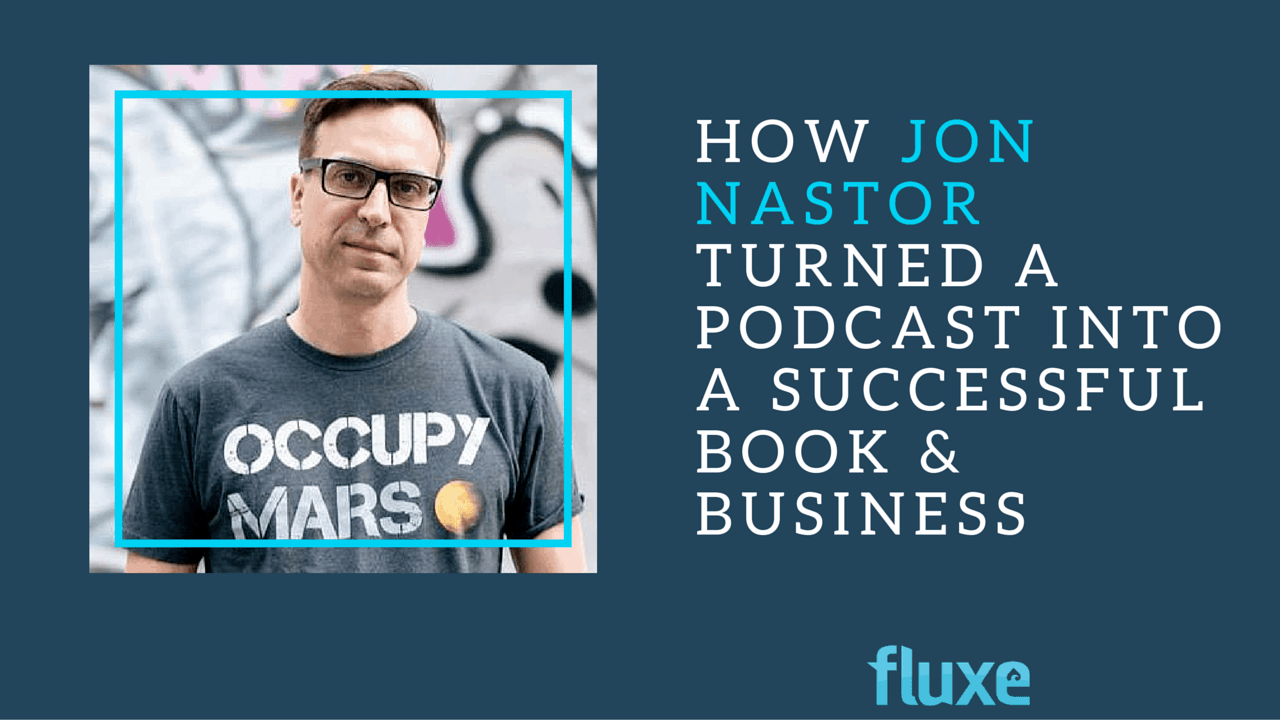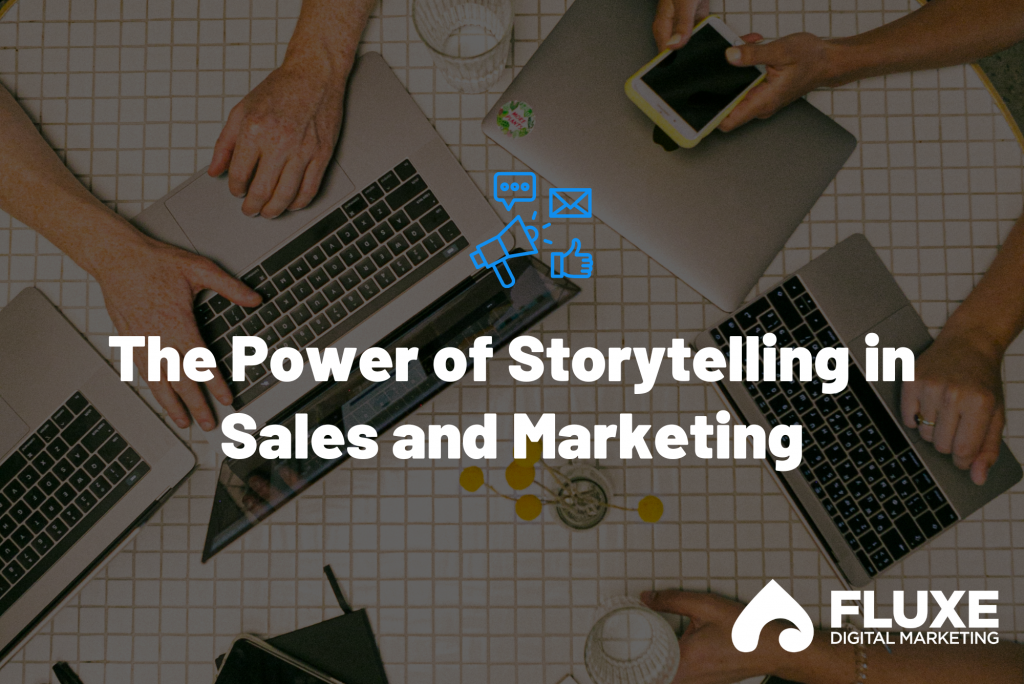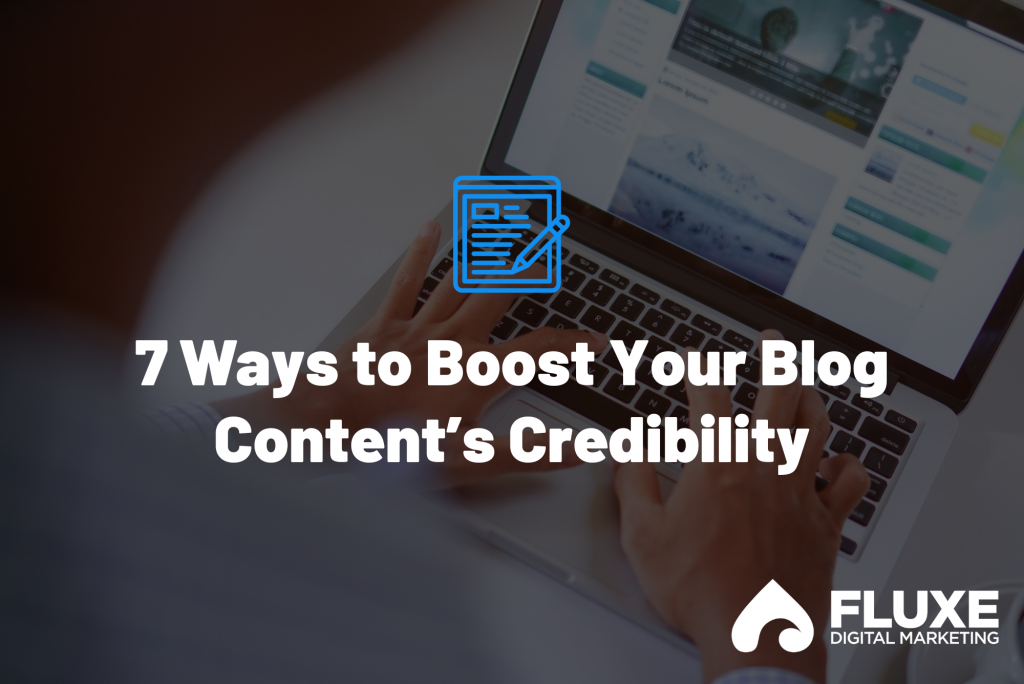I recently had the privilege of chatting with Jon Nastor. Jon is the host of the Hack The Entrepreneur podcast (200+ episodes and one of the top podcasts in his category on iTunes) and the co-host of Copyblogger’s The Showrunner, a podcast about podcasting.
In this interview, we talk about everything from how Jon wrote his new book and how his mastermind played a big role in growing his business, to how he works and the biggest lessons he’s learned from interviewing over 300 people on his podcasts. I’ve included a few highlights from our chat, and be sure to check out the full interview in the video below.
How did you start podcasting?
I started podcasting in September of 2014, selfishly just wanting to start a show and talk to some really smart people. I’ve been working online full-time since 2011, selling mostly software and and the book I just wrote.
I had some smart friends and some mastermind people that I met before starting Hack The Entrepreneur and they kind of of kicked my butt into starting it. It really took on a life of its own. I thought it was going to be just a one-off with 30 episodes and I’d get to talk to some cool people, but it spiraled. So, I went all in and it’s led me to some amazing places that I never expected – such as here with you, Joel.
Hack The Entrepreneur is an interview show about entrepreneurship. I interview people that have thousands of employees and make a billions, as well as really smart people that travel with a laptop, have no employees, and have really successful businesses. To me, entrepreneurship is just as simple as creating something out of nothing. I want to bring that to my audience and show them that we’re all capable of doing good work, we just need to step up and do it.
What were you doing in 2014 when you decided to start a podcast?
My daughter, my wife and I typically like to travel throughout the winter because of the cold winters in Canada. We were in Asia that winter, and in late March, we ended up in the Philippines for Chris Drucker’s first “Tropical Think Tank.” There were 25 of us there including Pat Flynn and John Lee Dumas, and those guys, obviously all really, really into podcasting, were the ones were like, “You should podcast!”
I had a business at the time (Velocity Page, which I still have), but I was making good money and I really didn’t have to do a lot at the time, so I just I felt like I should do something. I’m that kind of person; I love having new projects. So, I took it on with a lot of guidance from Pat himself and from my mastermind group I met in the Philippines and still talk to to this day.
That summer, in early July, I was at the cottage and I read Gary Vaynerchuk’s book, Crush It, again and decided I was going to do it. I went home Monday, sent out some e-mails, and Thursday I started interviewing people.
So you weren’t making any money from your podcast?
No, I got my first sponsorship offer at about week seven, I think it was. I actually got three offers in the same week, but I signed on with Freshbooks for three months as a sole sponsor. They’re Canadian, and I had used their product, so it felt like a good alignment. I just used the money to hire an editor and an assistant to go out and find more awesome guests.
What does a typical day look like for you?
I’m very project-based, so my life and how I’m working changes, I would say, every two to three months. Right now I’m working a lot, so I typically wake up earlier than my family. My wife is at home and my daughter’s home-schooled, so everyone’s here, but I get up way before them.
I instantly make coffee and head downstairs to my office. I typically write first thing in the morning, either for Entrepreneur, the book, or any other blog I’m writing for. Right now, Monday, Tuesday, and Wednesday includes a lot of interviews starting at 10:00 A.M. until 2:00-3:00 in the afternoon. Sometime in there I get to come up for lunch, and then I come up and hang out with my family. Usually around 7:00 or 8:00 P.M. I had back down to my office for a few hours and get some more quiet work done.
It changes, but that’s generally my life. Right now I’m head down, working and promoting the book so it’s a lot busier.
Let’s talk about your book. How did Hack The Entrepreneur come to be?
From every conversation I have on my show, I pull out anywhere from five seconds to one minute of what my guest said—something that I think aligns really well right now and will help my audience—and I replay it with sound effects at the end. We call it the “hack.” Then, I do what I call my “essay” (and some people call my “rant”) where I kind of tie it into your business or your life.
I have almost two hundred of them and I was getting emails all the time from listeners asking when I was going to put the book together – literally to the point where they had almost mapped out my book almost for me! Finally I was like, I’ve got to just do this.
The book is organized into 5 chapters with a logical sequence:
- Getting Started – Whether that’s getting started in business or getting started in a new business venture, a new idea, or project, it’s all about setting up the foundation.
- Mindset – To me, this is the most important part of any of this.
- Ideas – Coming up with business ideas and deciding what to work on.
- Being wrong – Which probably covers all of the book and all of our lives because it’s a constant thing we go through.
- Growth
How did you balance information overload with action when starting out?
It doesn’t bother me anymore at all because I’m comfortable with this sort of “discomfort” of entrepreneurship – the taking ideas and running with them and having them flop or failure, whatever. Really, I would love right now to have a couple months of in action, but it just doesn’t happen anymore.
Once you gain that little bit of traction, there’s no looking back. Like that first transaction of money into your PayPal account from someone you’ve never met, and you think, “OK I’ve got to find out how to do this like a hundred times a day!”
Momentum breeds more momentum, so as you start talking to more people with interviews, they start reaching out to more people in business, and more people see you/hear you/get introduced to you, and it just snowballs. You have to just go for those small wins, because once you find them it kind of changes everything.
How did you use small wins to write your book?
You really have to know that you are your own biggest barrier to doing anything. The book isn’t just in bite-sized chunks for the reader, it’s so I could get my head around writing it instead of distracting myself on Twitter for three months.
I literally broke it all down and moved everything to a Trello board. I had an intro list, five sections, and outro list, each with ten cards. Then, I would sit down each morning, open my laptop, and quickly go through and pick a Trello card I could write about. Write the card – that was it, and then go to the next one.
The concept was that it was such a little thing—literally like five hundred words or less I had to write for each card—but when you do all 75 of them, you’ve got a book!
What are your favorite hacks from the book?
That’s a great question. This one actually got me through writing the book at a point where I was ready to quit. It’s by Oren Klaff, the founder of Intersection Capital: “A lot of people quit when they’re tired. An entrepreneur should only quit when they’re done.”
One of my favorites was about learning to “think big.” Tell me about that quote.
First, the person who said that, Gabriel Weinberg, has founded two other companies and sold them, and has now started DuckDuckGo – which is in direct competition with Google. So when he talks about “thinking big”, he’s not just saying it, he’s taking on one of the biggest companies in the world.
Gabriel said, “Learn to think big. You have to learn to think big and small. You have to go in the same direction with small day-to-day decisions as well as big actions. Once you are on your way, you will mostly have to occupy yourself with little things, which can be tedious. Nevertheless, you are the one who has to do them right.”
The idea is to keep the big vision to keep you focused, but at the same time, you need to get the day-to-day stuff done. Just because you’re the CEO or the founder doesn’t mean you’re above it. If you think you are, you’re going to be working for somebody else.
How to find Jon Online
Hack The Entrepreneur Book on Amazon



